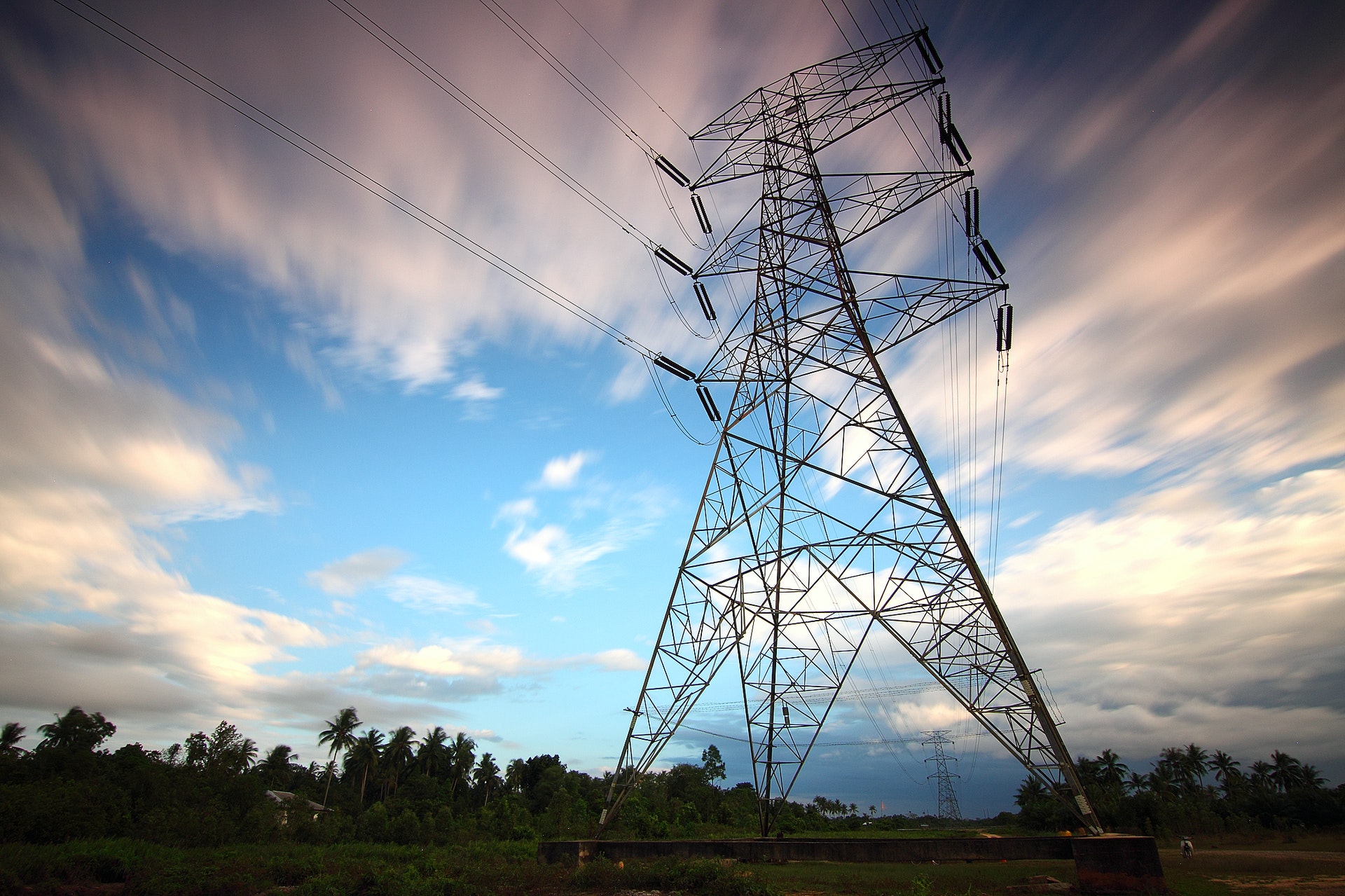
Grid management technology developed by RLtec is being trialled by electricity generator npower to improve the efficiency of electricity usage and reduce emissions.
Under the terms of contract between the two companies, npower will fit ‘dynamic demand’ technology to appliances such as white goods of customers taking part in the trial.
The technology allows appliances to adjust their electricity consumption – without affecting performance – to balance supply and demand power requirements on the grid.
“The technology has the potential to create a ‘virtual’ power station and if widely used in the UK could eliminate the need for carbon emitting coal-fired balancing stations and save up to 2 million tonnes of CO2 per year,” says CEO of RLtec Andrew Howe.
Demand response technology amounts to an annual global market of around $15 billion. In the UK alone, the National Grid spent £770 million on balancing services last year, according to Stephen Mahon of Low Carbon Investors, which has RLtec among its portfolio companies.
“Dynamic demand has the potential to significantly reduce the amount of carbon emissions – so these trials with domestic customers are very important and we hope they will show the impact that this technology could have in the UK and around the world,” adds Bob Jackson of npower.
The two-year project is the first of its kind to be approved under the Carbon Emissions Reduction Target (CERT) legislation and will contribute towards npower’s carbon reduction targets.
